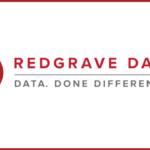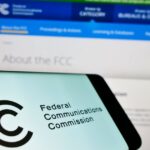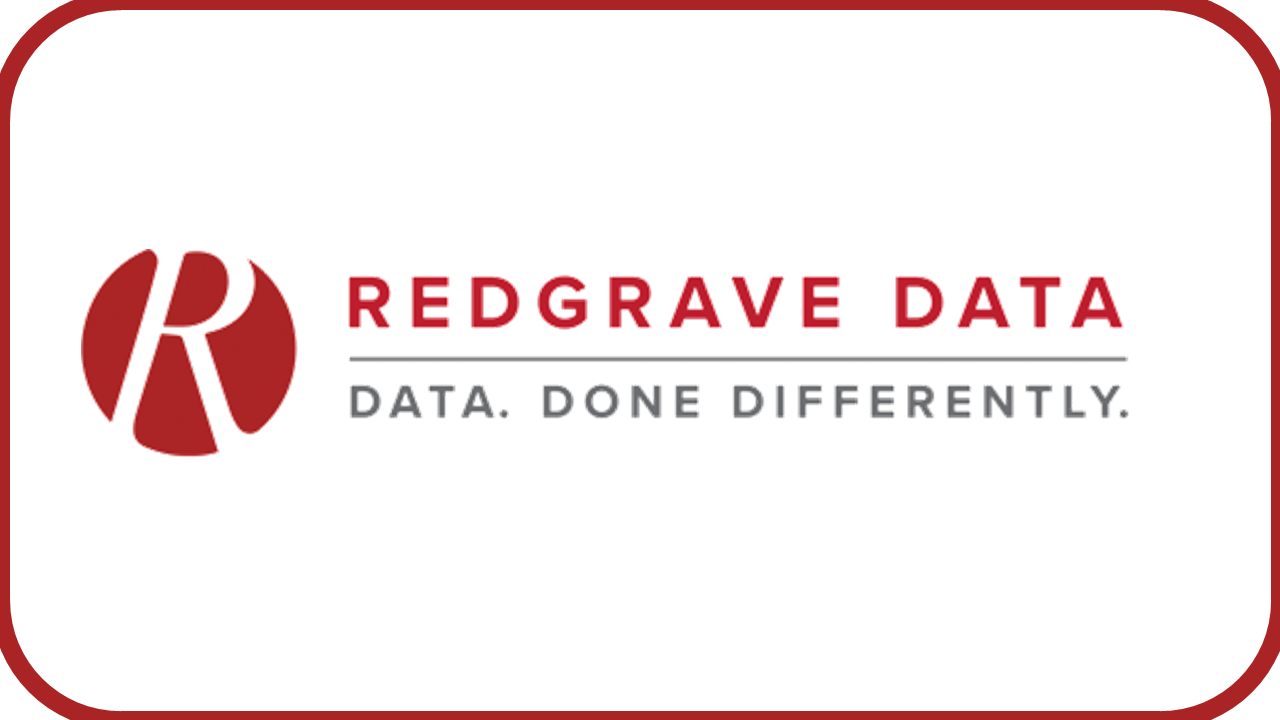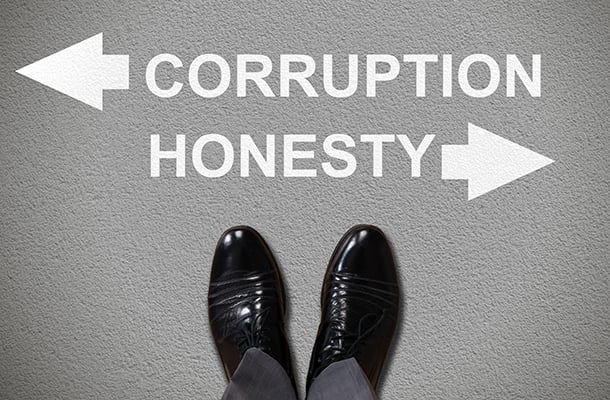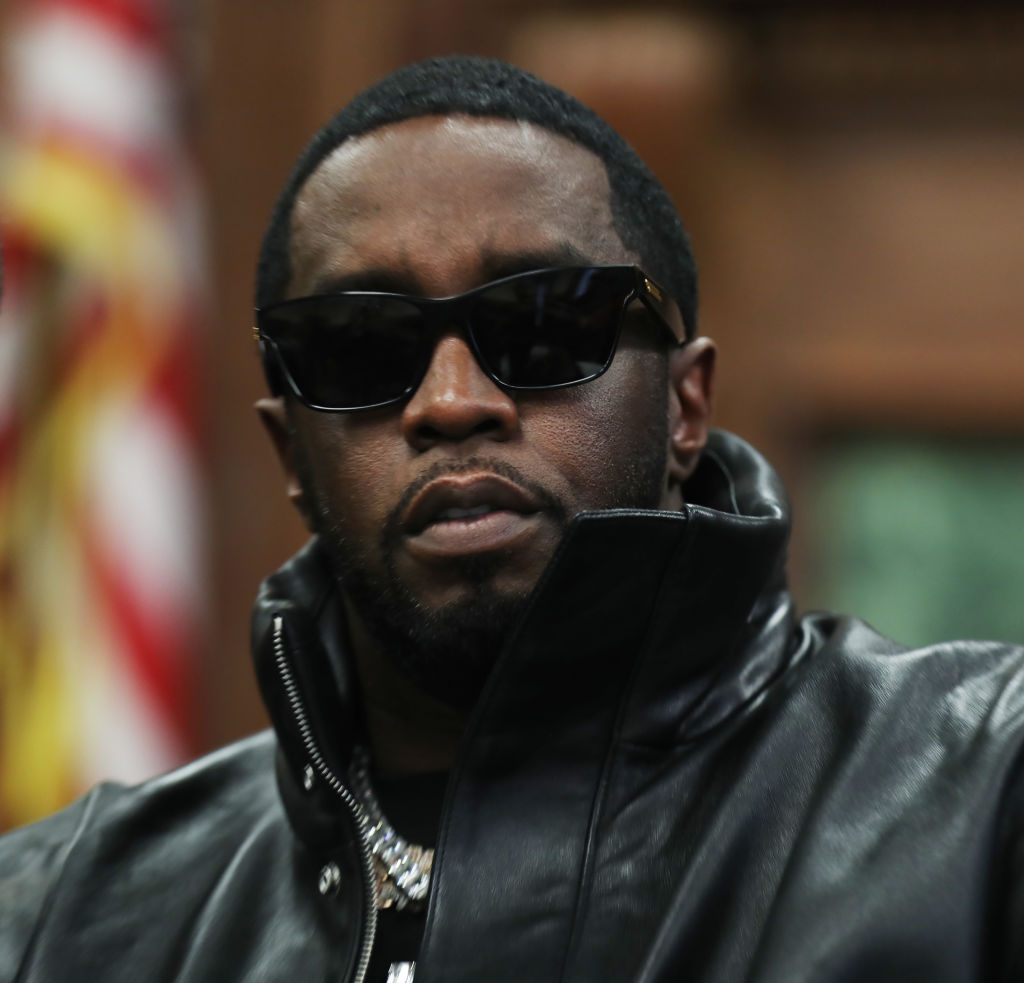To print this article, all you need is to be registered or login on Mondaq.com.
As we enter 2024, the FTC is pushing forward on all fronts. The
Bureau of Consumer Protection announced both settlements and
actions, especially related to telemarketing and robocalls, as well
as automotive industry junk fees and illegal uses of consumer
location data. And, the FTC has scheduled a summit on Artificial
Intelligence on January 25. This, and more, after the jump.
Tuesday, January 2, 2024
Bureau of Consumer Protection: Advertising and Marketing;
Telemarketing; Robocalls
- The FTC announced a proposed settlement with XCast
Labs, Inc., a Voice over Internet Protocol (VoIP) provider. The agreement would settle the FTC’s
allegations that XCast Labs allowed hundreds of millions of illegal
robocalls through its network, even after receiving warnings about
such conduct. Under the settlement, XCast Labs will be required to
implement a screening process of current and potential clients to
ensure compliance with the FTC’s telemarketing rules. The
settlement order will permanently bar XCast Labs from providing
services to any company that does not have an automated procedure
to block calls displaying invalid Caller ID phone numbers or that
fail to be authenticated in the FCC’s STIR/SHAKEN
Authentication Framework. Finally, the settlement imposes a $10
million civil penalty, but the penalty will be suspended based on
an inability to pay. The complaint, filed in May 2023, stated the FTC
sent warning letters to VoIP providers, including XCast Labs, in
early 2020 warning the providers that assisting or facilitating
illegal telemarketing or robocalling is against the law. The
Department of Justice litigated the case and filed the proposed
order on the FTC’s behalf.
Bureau of Consumer Protection: Advertising and Marketing;
Telemarketing; Robocalls
- The FTC announced a proposed settlement with Response
Tree LLC and its president, Derek Thomas Doherty. Response Tree allegedly sold personal information of hundreds
of thousands of consumers to telemarketers who used the information
to make millions of illegal telemarketing calls nationwide. The settlement will ban Response Tree from making
or assisting others in making robocalls or calls to numbers on the
FTC’s Do-Not-Call Registry. The settlement order charges
Response Tree with operating over fifty websites designed to trick
consumers into providing their personal information for mortgage
refinancing loans and other services. These websites are described
as ‘consent farms’ that use manipulative dark patterns to
induce consumers to provide their personal information and obscure
inadequate disclosures regarding how the personal information will
be used. Third parties then purchase the consumers’ personal
information to use in illegal telemarketing campaigns. The
settlement order imposes a $7 million judgment against the
defendants, which will be suspended based on inability to pay. The
FTC voted 3-0 to file the complaint and stipulated final
order.
Thursday, January 4, 2024
Bureau of Consumer Protection: Deceptive Business Conduct;
Credit and Finance; Automobiles
- The FTC and the State of Connecticut announced an action against auto-dealer
Manchester City Nissan, as well as a number of key employees, for
allegedly deceiving consumers about the price of used cars,
add-ons, and government fees. The complaint alleges that Manchester City Nissan
charged various junk fees without consumers’ notice or consent.
These junk fees include double charges for ‘certified
pre-owned’ vehicles, bogus add-ons, and bogus government fees.
The complaint cites violations of the FTC Act and the Connecticut
Unfair Trade Practices Act. The FTC voted 3-0 to authorize the
complaint filed in the U.S. District Court for the District of
Connecticut.
Friday, January 5, 2024
Office of Technology: Artificial Intelligence; Consumer
Protection; Competition
- The FTC’s Office of Technology will host a virtual technology summit on January
25, 2024 at noon that will bring together various stakeholders to
discuss key developments in the evolving field of Artificial
Intelligence. The event will include three panels and the
stakeholders will include representatives from academia, industry,
civil society organizations, and the government to discuss the
technology, market trends, and real-world impacts of artificial
intelligence. Chair Lina Khan and Commissioners Rebecca Slaughter
and Alvaro Bedoya all plan to provide remarks at the Summit. The
summit will take place online and further details can be found at
the event website.
Bureau of Consumer Protection: Do Not Call Registry;
Telemarketing
- The FTC issued its Biennial Report to Congress Under
the Do-Not-Call Registry Fee Extension Act of 2007 (the
“Act”) for Fiscal years 2022 and 2023. In 2008, Congress
passed the Act requiring a biennial report on the National Do Not
Call Registry. The Registry has over 249 million active
registrations, which increased by 2.6 million phone numbers in
2023. Over 10,000 sellers, telemarketers, and exempt organizations
subscribe to the Registry and pay fees totaling nearly $15 million.
The Registry allows consumers to register numbers and submit
complaints regarding suspected violations, as well as helps
businesses and law enforcement investigate potential violations of
Do Not Call rules.
Office of the Executive Director: Operations
- The FTC issued an order approving the Horseracing
Integrity and Safety Authority’s 2024 budget as submitted to
the Commission. On March 27, 2023, the FTC adopted procedures for
the FTC’s review and approval of the Horseracing Integrity and
Safety Authority’s annual budget. The FTC published the Horseracing Integrity and Safety
Authority’s proposed 2024 budget in the Federal Register,
allowed for public comment, and now has voted 3-0 to approve the
proposed budget.
Tuesday, January 9, 2024
Bureau of Consumer Protection; Debt Relief; Consumer Refunds
- The FTC is sending payments of $201.34 each to 6,261 consumers
who lost money due to Consumer Defense, an alleged deceptive
mortgage modification scheme. According to the FTC’s 2018 complaint, Consumer Defense operated under a
number of names, including Preferred Law and American Home Loan
Counselors (“defendants”), and promised homeowners
foreclose prevention and more affordable mortgage payments. Under
the Consumer Defense scheme, homeowners were unlawfully charged
upfront fees in monthly installments of $650 and were falsely
promised legal assistance. Once consumers paid these fees, they
learned that the defendants had not obtained the promised loan
modifications and sometimes had never even contacted the lenders.
In 2019, a federal court ruled in favor of the FTC in the case,
ordering defendants’ assets to be turned over to the FTC and
liquidated. The defendants appealed the case, and an appellate
court in 2022 upheld the ruling but returned the case back
to the district court to re-enter the monetary judgment pursuant to
Section 19 of the FTC. In 2023, the district court entered a monetary judgmentfor the
defendants’ violations of the Mortgage Assistance Relief
Services Rule.
Bureau of Consumer Protection: Consumer Privacy; Online
Advertising and Marketing
- The FTC issued a proposed order in relation to the complaint against X-Mode Social and its
successor, Outlogic, which alleged that the company sold precise
location data that could be used to track people’s visits to
sensitive locations such as medical and reproductive health
clinics, places of religious worship and domestic abuse shelters,
failed to put in place reasonable and appropriate safeguards on the
use of such information by third parties, and failed to ensure that
users of their own apps were informed that their location data
would be used. X-Mode and Outlogic collect precise location data
from third-party apps that incorporate its software development kit
into their apps. The company then sells and licenses consumer
location data to hundreds of clients in various industries. The
proposed order requires X-Mode/Outlogic to create a program to
ensure it develops and maintains a list of sensitive locations, and
ensure it is not sharing, selling or transferring location data
about those sensitive locations and limits the company from
collecting or using location data when consumers have opted out.
The Commission voted 3-0 to accept the consent agreement.
Bureau of Consumer Protection; Advertising and Marketing
- The FTC will hold an informal hearing on its proposed rule banning fake reviews and
testimonials at 10 a.m. ET on February 13, 2024. On July 31,
2023, the FTC published a Federal Register notice proposing a new
rule to stop marketers from using illicit review and endorsement
practices such as using fake reviews, suppressing honest negative
reviews, and paying for positive reviews. During the hearing, three
interested parties will provide statements addressing issues raised
during the rulemaking process. The hearing will be open to the
public and available via webcast.
Wednesday, January 10, 2024
Bureau of Consumer Protection: Privacy and Security
- The FTC is launching a claims process for consumers who had
their Social Security numbers exposed in a data breach involving
online platform CafePress. The claims process comes after a March
2022 settlement with CafePress over allegations the
company failed to implement reasonable security measures to protect
sensitive information stored on its network, including plain text
Social Security numbers, inadequately encrypted passwords, and
answers to password reset questions, leading to a data breach of
sensitive data. Under the settlement with the FTC, Residual Pumpkin
Entity, LLC, the former owner of CafePress, and PlanetArt, LLC,
which bought CafePress in 2020, were required to implement
information security programs to address the security problems
identified in the complaints in addition to paying $500,000 to
compensate victims impacted by the data breach.
Thursday, January 11, 2024
Bureau of Competition; Bureau of Consumer Protection; FTC
Operations
- The FTC has adjusted the maximum civil penalty dollar amounts
for violations of 16 provisions of law the FTC enforces, as
required by the Federal Civil Penalties Inflation Adjustment Act
Improvements Act of 2015, effective on January 10, 2024, from 1)
$50,120 to $51,744 for violations of Sections 5(l), 5(m)(1)(A), and
5(m)(1)(B) of the FTC Act, Section 7A(g)(l) of the Clayton Act, and
Section 525(b) of the Energy Policy and Conservation Act; 2) $659
to $680 for violations of Section 10 of the FTC Act, and; 3)
$1,426,319 to $1,472,546 for violations of Section 814(a) of the
Energy Independence and Security Act of 2007. These adjustments are
listed in the Federal Register notice.
Friday, January 12, 2024
Bureau of Competition; Merger
- The FTC has approved revised jurisdictional thresholds for Section 8 of the Clayton Act,
which prohibits interlocking directorates. For 2024, thresholds
under Section 8 of the Act that trigger prohibitions on certain
interlocking memberships on corporate boards of directors are
$48,559,000 for Section 8(a)(l) and $4,855,900 for Section
8(a)(2)(A).
Thursday, January 18, 2024
Data Security; Consumer Privacy; Business Guidance
- The FTC announced a proposed order and complaint which would inhibit the digital
marketing platform, InMarket Media, from using its consumers’
locations without obtaining their consent. The complaint alleges
that InMarket embedded location-collecting software development
kits (SDK) into two of its own shopping awards apps, and
subsequently made such data available to more than “300
third-party apps downloaded to more than 390 million different
devices.” InMarket has agreed to the terms of the proposed
order, which prohibit it from selling or licensing precise location
data. Further, InMarket is required to implement a prevention
program to halt future uses of consumer location data. This case
conveys the extent to which the FTC will act to protect consumers
against the illegal collection of their sensitive location
data.
The content of this article is intended to provide a general
guide to the subject matter. Specialist advice should be sought
about your specific circumstances.
POPULAR ARTICLES ON: Consumer Protection from United States
#FTC #Updates #January #January #DoddFrank #Consumer #Protection #Act

